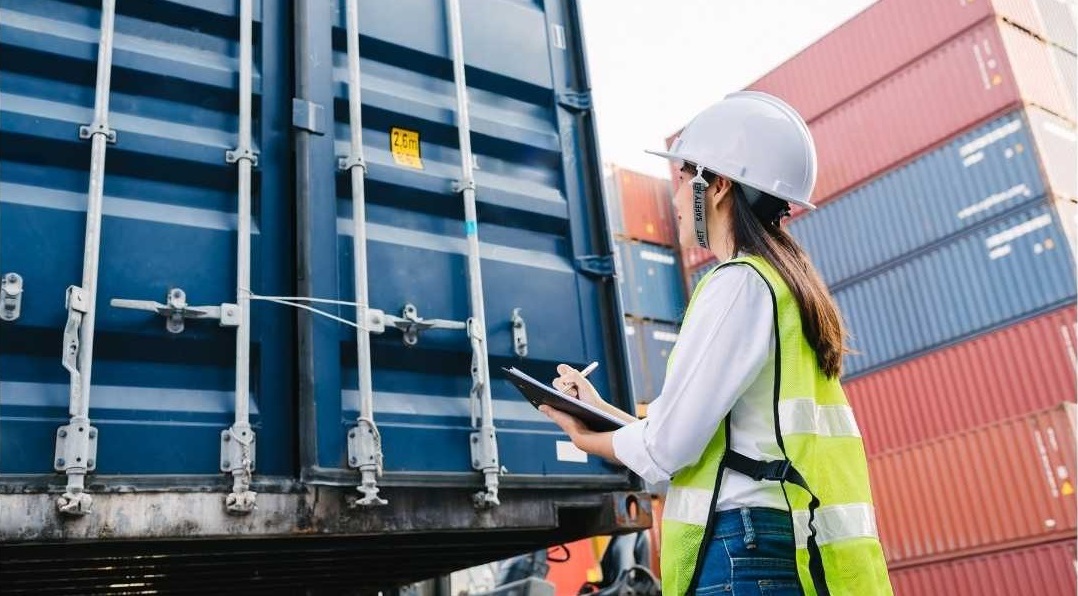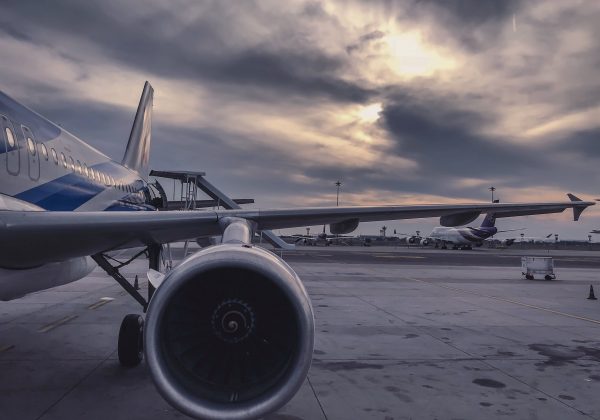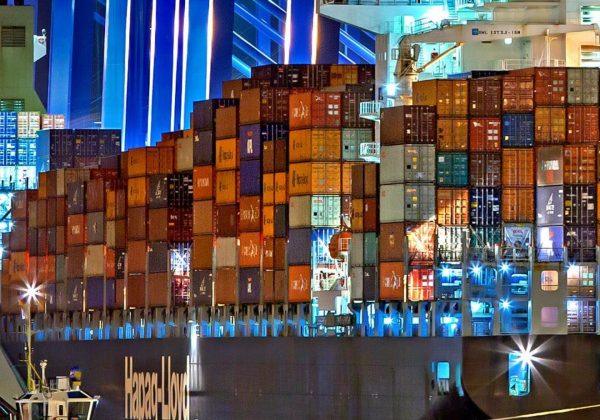Decoding the Dance:
The Intricate Role of Customs Broker Agent
Navigating the Complex World of International Trade
In our team - certified customs broker
Certification for customs brokers is a formal process that verifies an individual’s competence in customs procedures. Here are key aspects of customs broker certification:
- Rigorous Training Programs: Prospective customs brokers undergo comprehensive training programs to acquire the knowledge and skills required for the role. These programs cover a wide range of topics, including customs laws, documentation requirements, and regulatory compliance.
- Examination and Licensing: After completing the training, individuals must pass a rigorous examination administered by the relevant customs authorities. Successful completion of the exam qualifies them for licensing as a certified customs broker.
- Ongoing Professional Development: Customs broker certification is not a one-time achievement. Licensed customs brokers are required to engage in continuous professional development to stay informed about changes in customs procedures, regulations, and industry best practices.
- Government Authorization: Certification is often granted by government agencies responsible for customs oversight. The process involves a thorough review of an individual’s qualifications, ensuring that they meet the standards set by the regulatory authority.
- Ethical Standards and Accountability: Certified customs brokers are held to high ethical standards, emphasizing integrity and accountability in their professional conduct. This ensures that they adhere to the principles of transparency and compliance in their interactions with customs authorities and clients.
FAQ
About Customs Broker Services
What is a customs broker, and what do they do?
A customs broker is a professional who specializes in managing customs procedures. Their main role is to ensure that goods move across international borders in compliance with customs laws and regulations.
Why do I need a customs broker for my shipments?
Customs brokers play a crucial role in navigating the complexities of customs regulations, ensuring proper documentation, and facilitating the smooth clearance of goods. Their expertise helps avoid delays, fines, and other customs-related issues.
How do I choose the right customs broker for my business?
Consider factors such as the broker’s experience, reputation, licensing, and familiarity with the specific trade routes relevant to your business. It’s crucial to select a customs broker with expertise in your industry.
What documents do I need to provide to a customs broker?
The required documents may vary, but commonly needed items include commercial invoices, packing lists, Bills of Lading, and any other documentation specific to the nature of your goods and the countries involved.
How does the customs clearance process work, and how long does it take?
The customs clearance process involves submitting required documents to customs authorities. The duration varies based on factors like the complexity of the shipment, the accuracy of documentation, and customs processing times. It can range from a few days to several weeks.
What fees are associated with customs broker services?
Customs broker fees vary and depend on factors such as the complexity of the clearance, the value of the goods, and the specific services provided. It’s essential to discuss fees upfront with your chosen customs broker.
Can I use a customs broker for both imports and exports?
Yes, customs brokers can assist with both imports and exports. They are well-versed in the regulations of the countries involved and can ensure compliance in both directions of the international trade process.
Do customs brokers handle duty payments?
While customs brokers assist with duty optimization strategies, the actual payment of duties and taxes is typically the responsibility of the importer. Customs brokers can provide guidance on duty reduction opportunities.
How do customs brokers stay updated on changing regulations?
Licensed customs brokers are required to undergo continuous professional development to stay informed about changes in customs laws and regulations. They participate in training programs and engage with industry updates regularly.
Can I track the progress of my customs clearance with a customs broker?
Many customs brokers offer tracking services, allowing you to monitor the progress of your shipment through the customs clearance process. This transparency provides insight into any potential issues and ensures timely communication.








